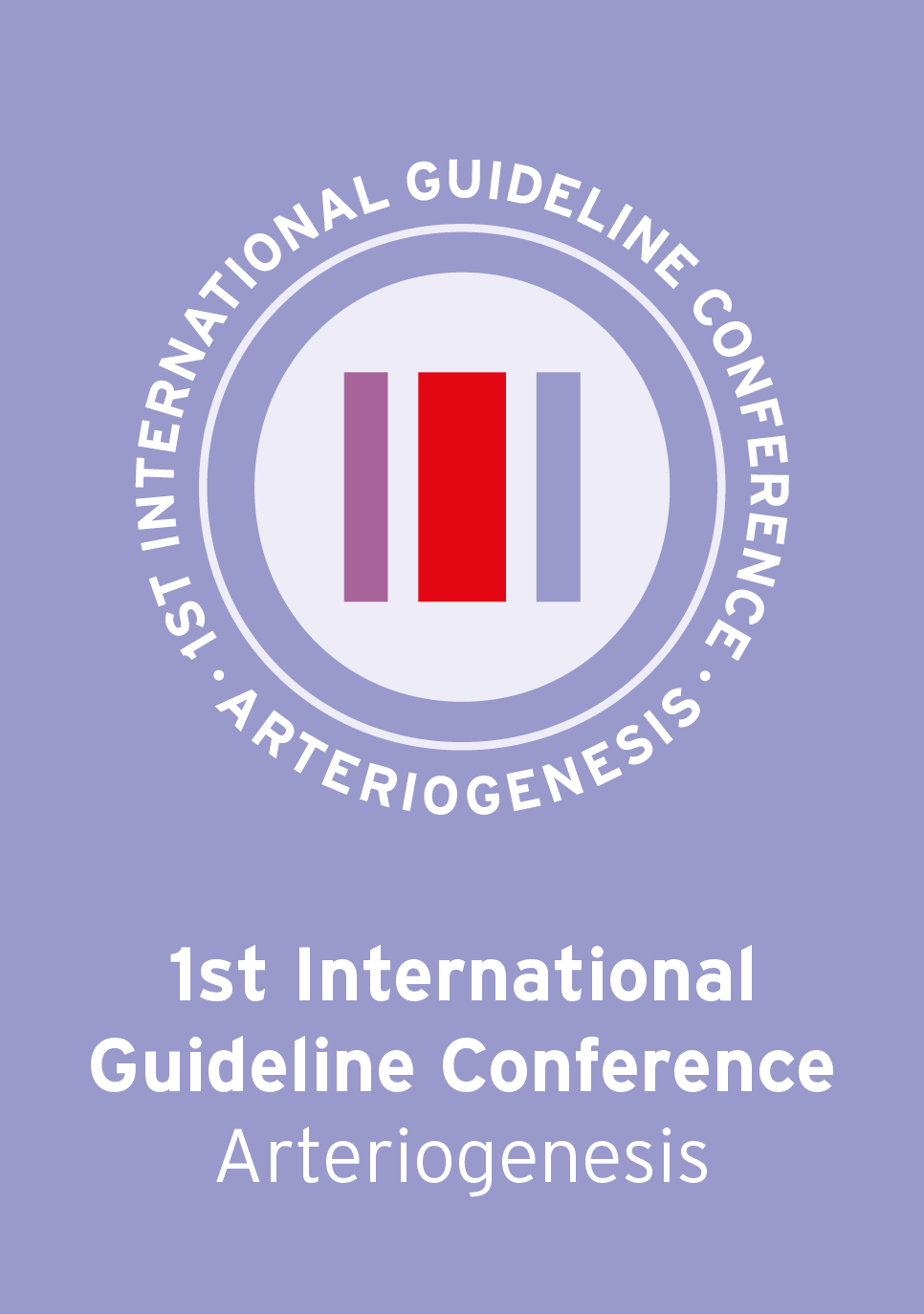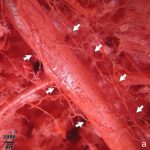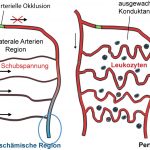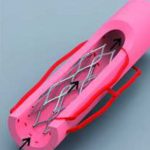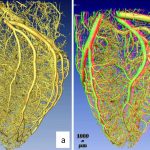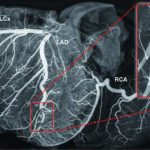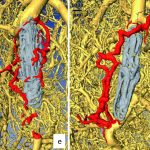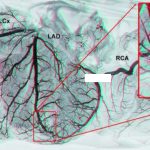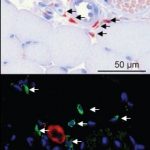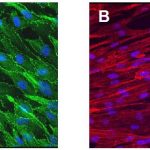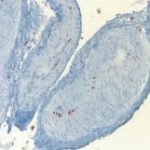Research in vascular medicine has advanced tremendously in recent decades.
Of particular forward-looking importance here are biological bypasses: small arterial vessels that form under certain conditions and bridge existing vasoconstrictions on large vessels (bypass through arteriogenesis).
These bypass vessels have critical importance for the prognosis of strokes, heart attacks, or the avoidance of amputation. The more of these collateral vessels are present, or are stimulated in growth by vascular training or special therapeutic procedures, the more tissue damage can be mitigated in the event of vascular occlusion. The formation of collaterals obeys a biophysical law: when blood flows faster and more pressurized in an artery, its diameter increases. The accelerated movement of the blood thus triggers growth processes. That is, the increased thrust of the blood stimulates arteriogenesis. That is why regular physical exercise is so good for the blood vessels.
Professor Dr. Wolfgang Schaper is one of the pioneers of this basic research – we owe him the discovery and thus the clinical application of this principle.
The primary goal of nonoperative therapy is to restore blood flow to the affected organ by promoting arteriogenesis. For this purpose, there are state-of-the-art treatment methods, such as. Retropulsation or antepulsation.
The EVFM organizes scientific conferences on the topic of arteriogenesis and accompanies the translation of these findings into recommendations to professional societies and patient organizations.
For this purpose, the “1st International Guideline Conference for Arteriogenesis” was established.

